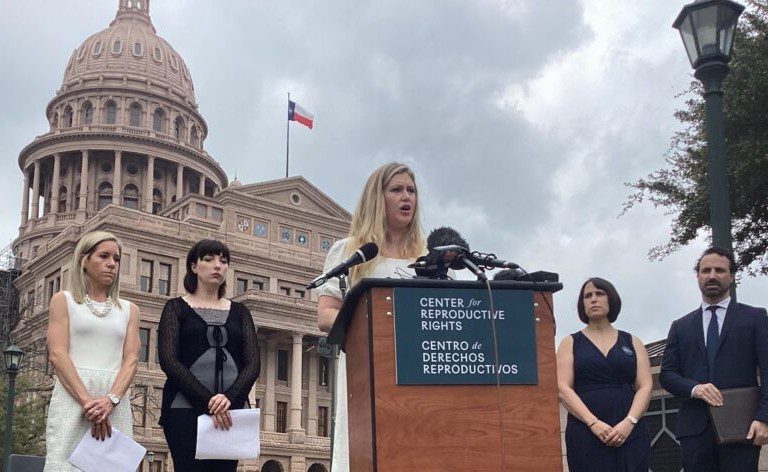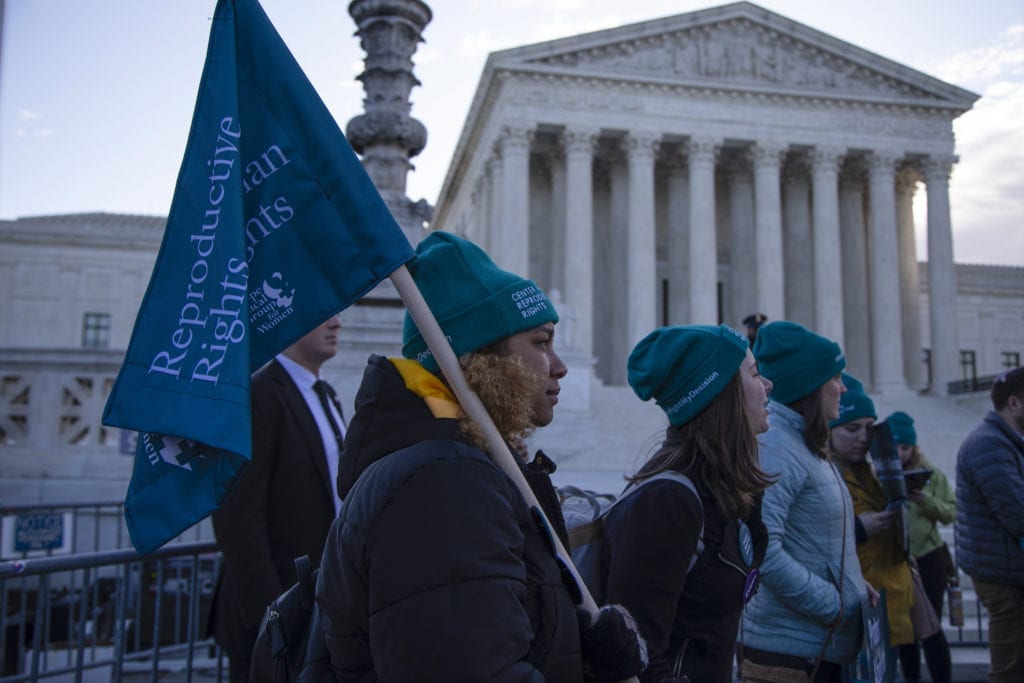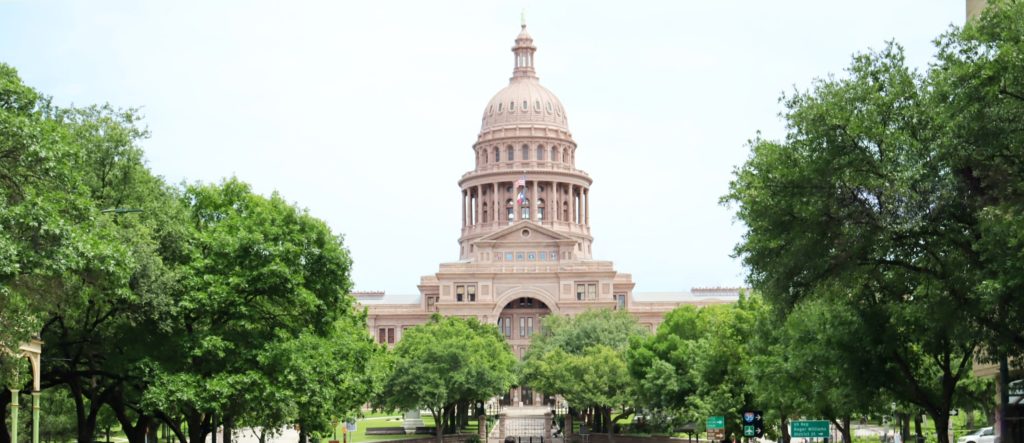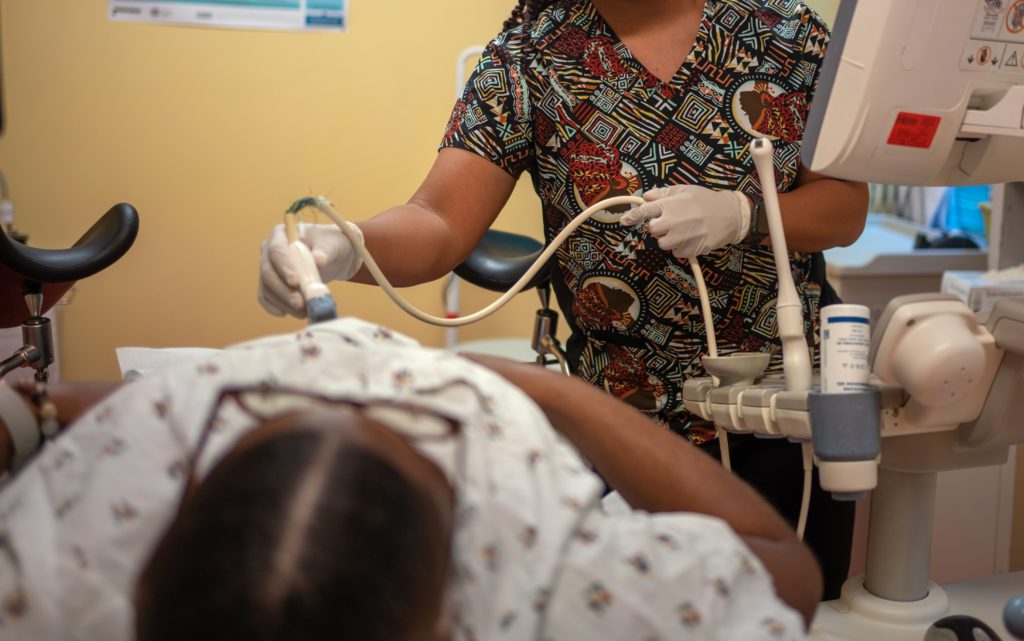More Women Join Lawsuit Against Texas After Being Denied Abortion Care Despite Dangerous Pregnancy Complications
Number of women harmed by the state’s abortion bans continues to grow as case heads to the Texas Supreme Court November 28.
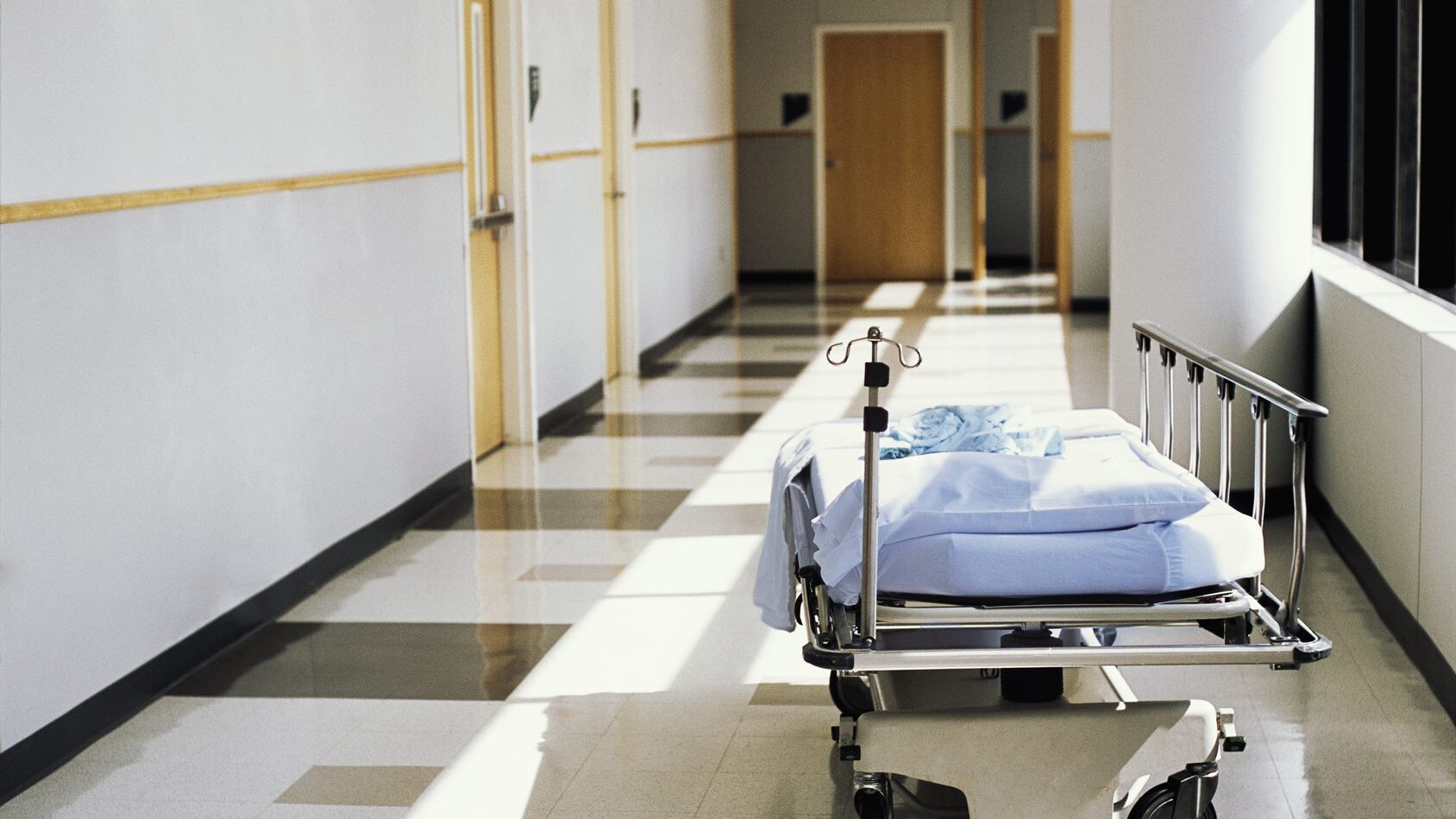
Seven additional Texas women have joined a Center for Reproductive Rights lawsuit against the state after being denied medically necessary abortion care for their severe and dangerous pregnancy complications. After today’s filing, there are now 22 plaintiffs in the case, Zurawski v. State of Texas.
The move comes as the Texas Supreme Court is scheduled to hear arguments in the case on November 28.
“This lawsuit started with five women and has grown continuously as more women come forward with their traumatic experiences,” said Molly Duane, Senior Staff Attorney at the Center. “The numbers will continue to grow until the state of Texas gives doctors clarity on who they can help and when. Yet, the Texas government is doubling down on these laws that continue to risk the lives and health of every pregnant person in Texas. All we are asking for is common-sense guidance that will allow doctors to use their good faith judgment without fearing loss of their license and life in prison.”
Filed by the Center in March, Zurawski v. State of Texas asks the court to give doctors clarity on what circumstances qualify as “medical emergency” exceptions in the state’s abortion bans and allow doctors to use their own medical judgment without fear of prosecution. The lawsuit argues that the Texas state constitution protects the right to obtain an abortion when facing life- or health-threatening conditions.
The seven plaintiffs added today were each denied abortion care in Texas despite facing pregnancy complications including devastating fetal diagnoses and life-threatening sepsis infections. They were either forced to travel hundreds or thousands of miles out of state or wait until they were near death to receive care.
“Texas’s abortion ban put my health at risk and would have forced my baby to suffer if I didn’t flee the state,” said Kimberly Manzano, one of the new plaintiffs, who was devastated to learn her baby’s organs had not developed properly. “I fought so hard for this pregnancy, but it became clear that my health was in jeopardy and my baby had no chance of survival. I had previously considered myself anti-abortion, but through this my opinion has changed.”
Speaking out against Texas’s abortion bans:
“It’s not safe to be pregnant in Texas—I say this as both a doctor and a patient. . . I was made to feel like a criminal for seeking urgent medical care.” —Dr. Danielle Mathisen, plaintiff
“It is unforgivable what the state of Texas put my family though, and I am immensely proud of my wife for joining this lawsuit and fighting so others don’t have to suffer like she did.” —Jacob Lopez, husband of plaintiff D. Aylen
“No one should have to flee Texas to get necessary medical treatment. I hope by joining this lawsuit I can protect others from that agony.” —Kimberly Manzano, plaintiff
Abortion Bans’ Severe Penalties Deter Doctors from Providing Patient Care
Texas has multiple overlapping abortion restrictions including a state trigger ban, which completely prohibits abortion; S.B. 8, the “vigilante” law banning abortion after about six weeks of pregnancy; and a pre-Roe criminal ban that multiple courts deem repealed by implication. Physicians found to have violated these laws face fines of at least $100,000, up to 99 years in prison, and revocation of their state medical licenses.
Such legal risks, combined with the bans’ unclear language, are deterring Texas physicians from providing their patients with abortion care—a necessary, life-saving procedure crucial for treating many dangerous obstetric conditions.
Noting that “Texas is in the midst of a health care crisis,” the amended complaint filed today argues that abortion is necessary health care being denied under Texas’s abortion bans; the bans are preventing pregnant people from receiving the standard of medical care in times of crisis; and pervasive fear and uncertainty throughout the medical community regarding the scope of the life and health exceptions have put patients’ lives and physicians’ liberty at grave risk.
Texas Supreme Court to Hear Arguments in Zurawski v. State of Texas on November 28
After a July hearing in Texas state court, on August 4 the judge issued an injunction blocking Texas’s abortion bans as they apply to dangerous pregnancy complications, clarifying that doctors can use their own medical judgment to determine when to provide abortion care in emergency situations. The ruling also denied the state’s request to throw out the case, and it found S.B. 8—Texas’s citizen-enforced abortion ban—unconstitutional. The judge recognized in her ruling that the women who brought the case should have been given abortions.
The state immediately appealed the ruling to the Texas Supreme Court, blocking it from taking effect and leaving the bans in place.
On November 28, the Texas Supreme Court will hear arguments in the case. The arguments will be livestreamed on the Court’s YouTube site. (While the Court’s proceedings begin at 9:00 a.m. CT/10:00 a.m. ET, it is not known in what order the Court will hear its cases.)
Watch the livestream November 28.
The Texas Supreme Court will hear arguments in this case, Zurawski v. State of Texas, November 28. Watch the livestream using the above link.
Plaintiffs’ Stories Underscore Danger of Extreme Abortion Bans
As with other plaintiffs in the case, the experiences of the women joining the case today exemplify the harms that Texas’s bans pose to people’s lives, health, and fertility, and provide real-life examples of how Texans with obstetrical emergencies are not receiving medically necessary care.
The new plaintiffs are listed below. Their stories can be found here.
- Kristen Anaya, of the Dallas-Fort Worth area, was 16 ½ weeks pregnant when her water broke. Although she showed symptoms of sepsis, the hospital refused to provide her with abortion care until her infection became severe and threatened her life.
- Kaitlyn Kash, of Austin, discovered after her 13-week ultrasound that her baby had severe skeletal dysplasia—a condition affecting bone and cartilage growth—and was unlikely to survive until birth or would suffocate and die soon after. To obtain abortion care, she was forced to travel out of state to a clinic in Kansas, where protestors harassed her and other patients.
- D. Aylen, of San Antonio, discovered at about 17 weeks that her baby had a possible neural tube defect, and a diagnosis of anencephaly was confirmed soon after. Although most out-of-state clinics had four- to eight-week wait times, she was able to obtain care by traveling to San Diego.
- Kimberly Manzano, of the Dallas-Fort Worth area, learned at 10 weeks that her baby’s organs were growing outside the body and the baby had no chance of survival. By carrying the pregnancy, Kimberly’s health was at risk due to the likelihood of infection. Devout Christians formerly opposed to abortion, she and her husband realized that abortion was their only option and traveled to New Mexico to obtain care.
- Dr. Danielle Mathisen, formerly of the Fort Worth area, still lived in Texas when at her 18-week anatomy scan she learned her baby had several lethal fetal conditions—including a hole in the spine and no formed brain structures—and was unlikely to survive until birth or would suffocate and die soon after birth. With clinics in Colorado overflowing with Texans, Dr. Mathisen traveled to New Mexico to obtain care.
- Cristina Nuñez, of El Paso, has several medical conditions—including diabetes, cardiovascular issues, and end-stage renal disease—that made carrying a pregnancy dangerous. Discovering she was six weeks pregnant, Cristina requested an abortion but was denied. Over the next few weeks, her health rapidly deteriorated, and although she faced a risk of a pulmonary embolism, she was refused an abortion by hospital staff until 11 days later—and only after Cristina contacted an organization for legal support.
- Amy Coronado, of Houston, was several months into her pregnancy when she learned her baby had “multiple brain anomalies” consistent with alobar holoprosencephaly and had little to no chance of survival. If she continued the pregnancy, she would face risks to her own health, including complications from her gestational diabetes and the threat of infection. Although her insurance did not cover out-of-state procedures, she made the trip to New Mexico to obtain the care she needed.
Read more of the plaintiffs’ stories here.
“The only way I could help my wife during this agonizing ordeal was to get her out of Texas… We ultimately had to travel over 2,000 miles round trip to get her essential health care. And we’re talking about health care that was available locally just a couple years ago.”
Jacob Lopez, husband of plaintiff D. Aylen
